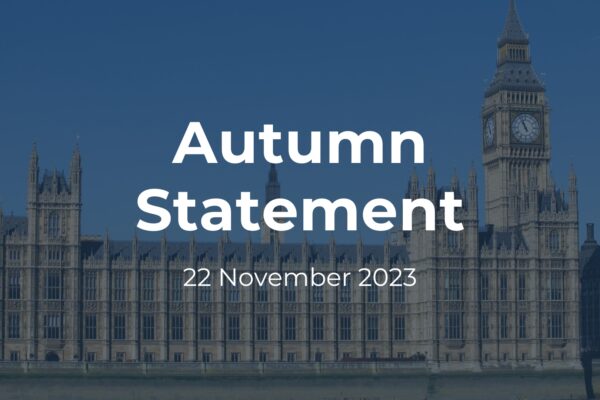Landlords who sell their rental properties will have just 30 days to pay their tax bill. The new rules begin on 6th April. Landlords who fail to comply could pay thousands in penalty fines.
Who Is Affected?
Landlords who are selling properties that are not their primary residence, and which qualify for Capital Gains Tax (CGT) will be affected. Your property is likely to qualify if it has increased in value since you bought it.
Sales from buy to let properties and second homes both fall under the new rules. Your primary residence is exempt from CGT.
Stay up to date with changes to landlords’ rights and duties. Subscribe to our monthly newsletter and never miss a thing.
Subscribe to updatesWhat Is the Change in CGT Rules?
The rate of CGT is 18% of gains for basic rate taxpayers or 28% for additional and higher rate taxpayers. These rates are staying the same. The change is in how long you have to file and pay the tax.
Currently, any taxable gains do not have to be paid until 31st January of the next tax year. The gains can therefore be declared on the end of year self-assessment tax return, so no additional tax return is required. Under this current system, landlords have between 10 and 22 months to pay, depending on when in the year they made their sale.
Under the new system, however, landlords will have just 30 days from the completion of the sale to send a one-off tax return to HMRC and then pay their tax on the sale of the property.
What are the penalties for paying my tax late?
Landlords who don’t follow the new rules could rack up large fines without realising. There are fines for late filing of the one-off tax return and also for late payment of the tax itself.
Reporting the tax after the deadline incurs a £100 penalty fine. Then, every additional day after 3 months adds an extra £10 to the fine, up to a maximum of 90 days (i.e. £900). If filing is over six months late, then an additional fee of 5% of the due tax applies. If filing is over 12 months late, then another 5% is added.
In addition, paying the tax after the deadline incurs a further fine of 5% of the due tax at 30 days late, an additional 5% at six months late and a final 5% at 12 months late. More details can be found here.
A Worst-Case Scenario
If paying taxable gains at the higher rate of 28% and your rental property has taxable gains of £50,000, then you will owe £14,000.
Failing to declare this for more than 12 months would incur £1,000 in fines and then additional fees of 10% of the taxable sum. In this case, that is £1,400. Paying the tax a further 12 months late would incur an additional 15% penalty of £2,100.
In total, your original bill of £14,000 would have become £18,500. That’s £4,500 extra to pay by not being aware of the new rules.
What Can I Do to Make Paying CGT Easier?
Clearly these fines can add up quickly! A landlord who was not aware of the changes may wait 22 months to pay their tax and then find they have racked up thousands in extra charges. What can landlords do to make selling easier?
Sell before 6th April 2020: If you complete any sales before 6th April, then you will have the current, longer timeframe to pay your CGT.
Let and sell your properties through a limited company: doing so will mean you pay corporation tax on sales, not CGT. But tax is just one of many factors to consider when creating a new company.
Prepare: Now that you know you will have just 30 days to pay, you will be able to get your accounts in order before making the sale, which should stop you from having to rush.




Start the discussion at community.openrent.co.uk